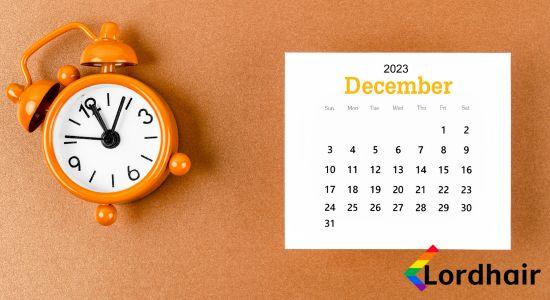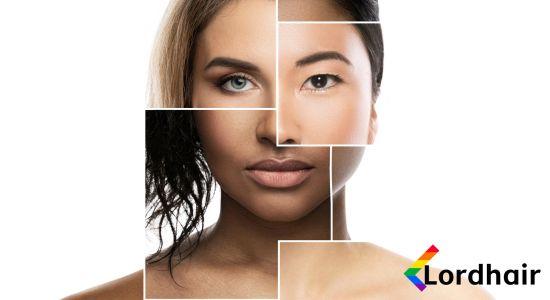The Offensiveness of Touching Hair Without Permission
- Written by Ray Fernandez
- | Published Aug 23, 2023
- |
- 3 min read
 Listen to the full text
Listen to the full text
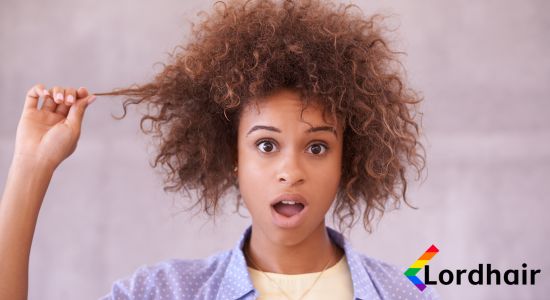
Hair is often considered a personal and intimate part of one's identity. It plays a significant role in defining our individuality, cultural heritage, and personal expression. However, there are instances where people feel entitled to touch another's hair without permission or considering the implications.
Cultural and Historical Context of Touching Hair
Hair has deep cultural significance across various communities. Different hairstyles hold historical, religious, and social meanings. For instance, in some African cultures, intricate braids symbolise one's heritage, societal status, or even marital status. Inappropriate hair touching without permission disregards the importance of cultural elements that these hairstyles represent and reduces them to mere objects of curiosity or fetishisation. It perpetuates stereotypes, exoticises certain cultures, and reinforces racial discrimination. During my school days, I nicknamed my friends Micheal and Mervin 'Bouncy Hair' and would gently bounce my palms on their Afro hair whenever I met them. They were OK with it and as a young child, I found it amusing.
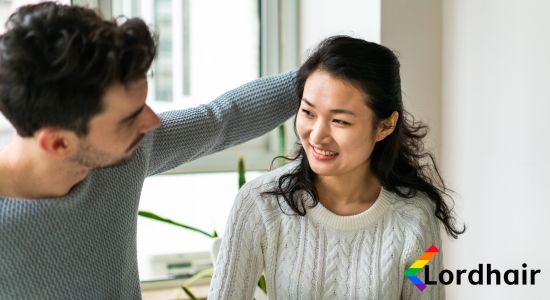
Touching Hair: Personal Boundaries and Consent
Respecting personal boundaries is essential for maintaining healthy relationships. Touching someone's hair without permission violates their personal space and autonomy. It is an invasion of privacy and disregards the individual's ownership of their body. Hair touching is inherently intimate, and assuming permission without explicit consent exhibits a lack of respect for personal autonomy.
Emotional Impact of Touching Hair Without Permission
Prior to using hair replacement systems, I relied on hair fibres that looked like dust and would cling to my thinning hair, giving it the appearance of being thicker and fuller. I recall a coworker approaching me from behind and immediately starting to rummage through my hair. I reacted defensively and then realised that he was attempting to remove some leaves that had gotten caught in my hair. Over a decade has passed since this incident occurred, yet the emotions I experienced are still vividly etched in my memory. I was furious and anxious, fearing that he would discover that there were more than just leaves entangled in my hair. It's understandable that he meant no harm with his actions - sometimes a friend or coworker wants us to present ourselves in the best possible way.
Unwanted hair touching can cause emotional distress for the person whose hair is being touched. It can make them feel objectified, humiliated, or degraded. Additionally, it may trigger memories of past traumatic experiences related to personal space violations. The emotional impact of such actions can have long-lasting effects on the individual's self-esteem and mental well-being.
Hair and Cultural Appropriation
Cultural appropriation occurs when aspects of a marginalised culture are adopted by members of a dominant culture without proper understanding or respect. Hair is one aspect that is frequently appropriated. Inappropriately touching someone's hair can be seen as a form of appropriation because it disregards the cultural context and significance tied to certain hairstyles. It is important to understand and appreciate cultures without appropriating or disrespecting them.
Reinforcing Power Structures
Hair touching, especially towards people with different hair textures or styles than your own, can reinforce power imbalances. It perpetuates harmful stereotypes and reinforces the notion of a "normative" hair type. Such actions undermine diversity and discourage individuals from embracing their natural hair. It is crucial to celebrate and respect different hair types, rather than making people feel inadequate or abnormal because their hair does not conform to common beauty standards.
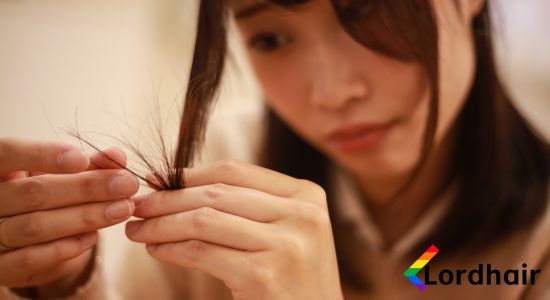
Suggested Hair Etiquette
To avoid offending, it is essential to follow proper hair etiquette. For me, I would prefer the following guidelines:
-
Always ask for consent before touching someone's hair. Respect their right to say no.
-
Educate yourself about different hair types, textures, and cultural practices to promote understanding and appreciation.
-
Refrain from making unsolicited comments or judgments about someone's hair.
-
Treat hair with the same level of respect and personal boundaries as any other part of the body.
-
Instead of touching, compliment someone on their hairstyle from a respectful distance.
Touching Hair Without Permission
Touching someone's hair without consent is a clear boundary violation. It disrespects personal autonomy, cultural heritage, and societal norms. To foster inclusivity, respect, and cultural understanding, we must recognise the implications and importance of consent when it comes to personal spaces and identities. By respecting other people's boundaries, we can create a more inclusive and respectful society where hair, like any other part of our identity, is celebrated and respected.
The etiquette of hair touching remains the same whether you have a full head of hair, are struggling with thinning hair, or wear a toupee to combat hair loss. Want to discover non-surgical hair recovery products for quick recovery from hair damage? Check out the Lordhair collection of hair systems for men and wigs for women.
Ray is a guest contributor to our blogs with an extensive background in PR. Ray loves to discuss his own hair system journey by offering insights into wearing and styling a hair system as well as providing observations on the role of hair in sexual and gender identity from an LGBTQ+ perspective. Be sure to check out more of Ray’s Diversity content.

